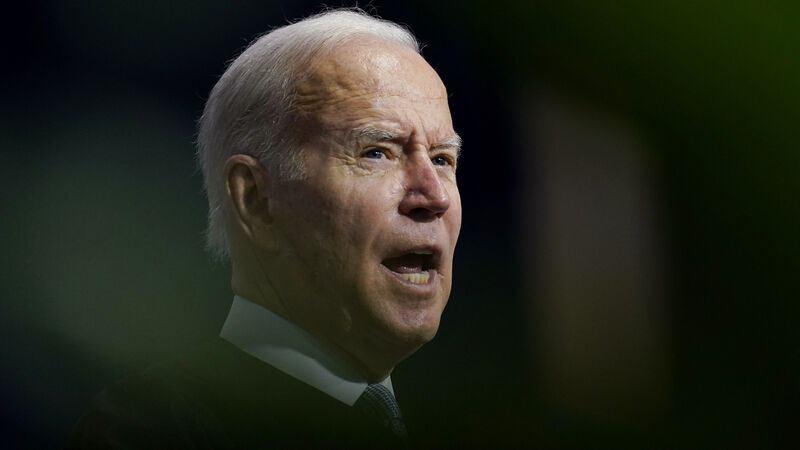John Whelan: Irish exports to China can continue to grow in Biden era

Joe Biden's relationship with China will be keenly watched by Irish exporters trading with the Far East.
Despite the pandemic continuing under the latest variant and causing many countries to once again implement stricter restrictions, including lockdowns, and bringing with it economic uncertainty as we head into the new year, Ireland’s international trade finished the year with a flourish.
This was assisted, in no small measure, by rapid trade growth with China, which has hit an all-time high and looks set to continue across 2022.












